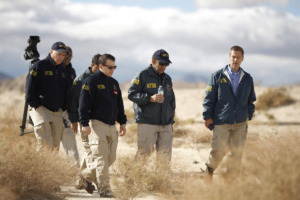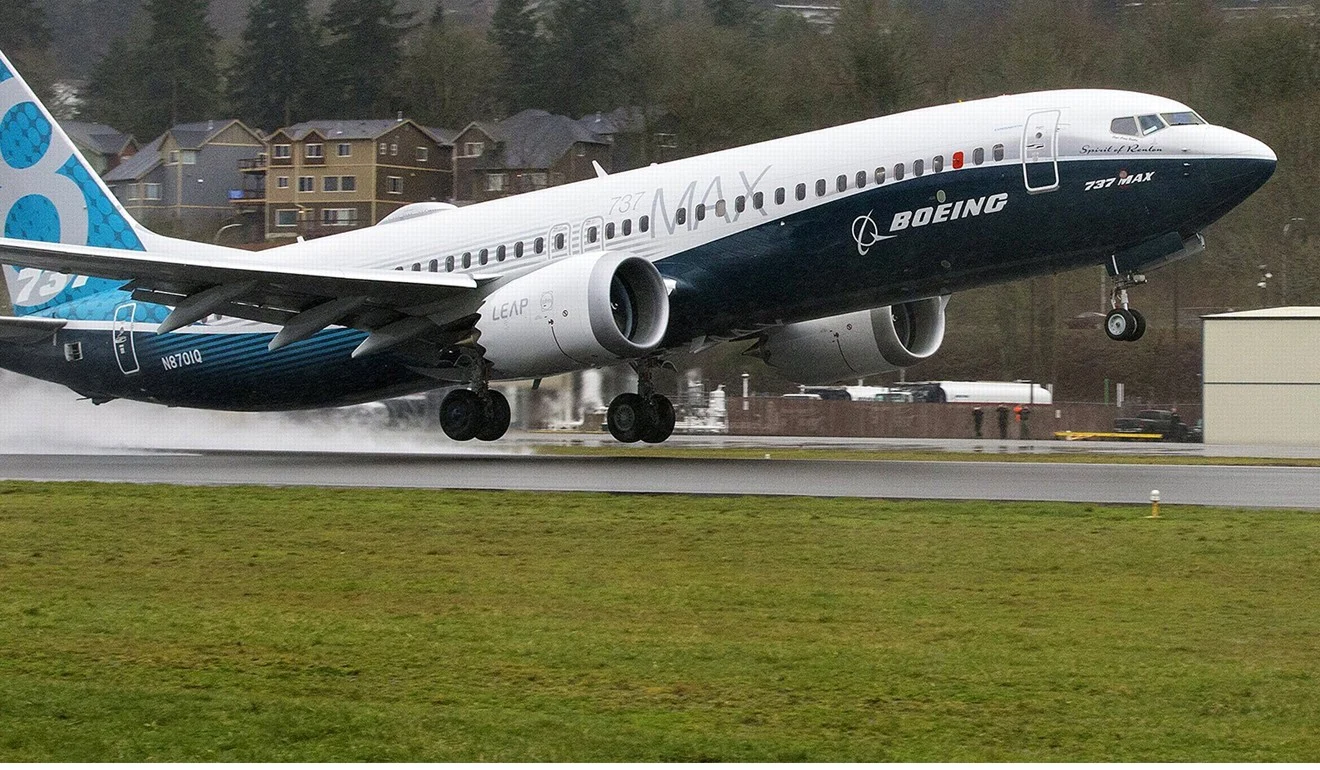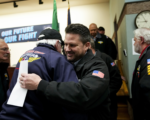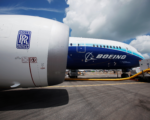The National Transportation Safety Board (NTSB) has initiated a hearing to examine the Federal Aviation Administration’s (FAA) oversight of Boeing following a serious safety incident involving a 737 MAX 9 aircraft in January. This mid-air emergency has prompted the NTSB to question the FAA’s regulatory actions and procedures regarding Boeing’s operations.
NTSB Chair Jennifer Homendy expressed concerns about why the FAA had not taken earlier action, despite being aware of various issues, including defects, missing and incorrect documents, and flawed policies that have persisted for years. The hearing’s first day focused on Boeing’s actions leading up to the incident, while the second day delved into the FAA’s oversight practices.

Homendy questioned the effectiveness of FAA audits and whether Boeing had prior notice of these reviews. She criticized the FAA for being too focused on paperwork rather than conducting thorough inspections. Following the incident, the FAA restricted Boeing from increasing production beyond 38 planes per month, initiated a 90-day review of the company, and mandated significant quality and manufacturing improvements before permitting any production increase.
FAA Administrator Mike Whitaker acknowledged in June that the agency had been “too hands off” in its oversight of Boeing, emphasizing that their previous approach relied too heavily on paperwork audits instead of inspections. The FAA has since increased the number of inspectors at Boeing and Spirit AeroSystems factories and pledged to continue rigorous oversight to address systemic production-quality issues.
In response to the incident, Senate Commerce Committee Chair Maria Cantwell and Senator Tammy Duckworth introduced legislation aimed at reviewing and strengthening safety management systems at the FAA. Cantwell highlighted that the FAA had conducted 298 audits of Boeing and Spirit AeroSystems over two years without identifying any enforcement issues, indicating that the audits were ineffective.
The NTSB hearing underscores the need for a more proactive and thorough oversight approach by the FAA to ensure Boeing’s compliance with safety standards and to prevent future incidents.


















